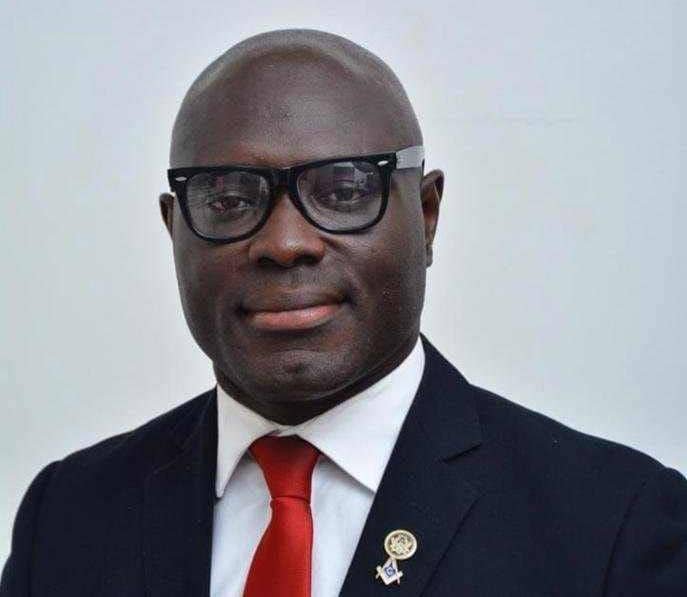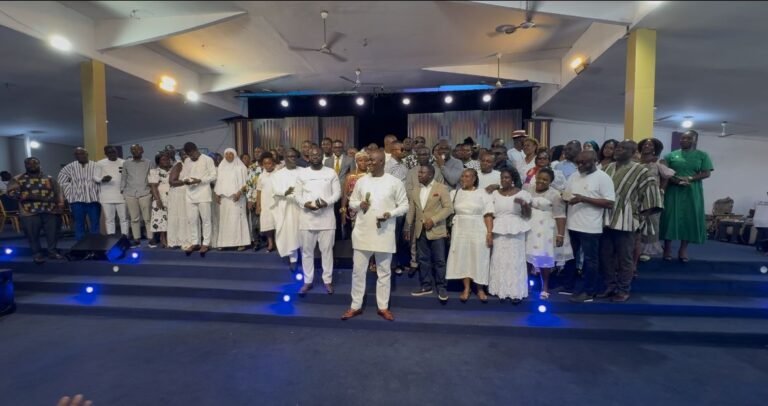
Some supporters of the governing New Patriotic Party (NPP) have hailed the party for its ‘brilliant’ performance in the December 7 general elections in the Northern Region.
The NPP polled a whopping 409,963 in the Northern Region, a region regarded largely as an NDC stronghold, against the opposition party’s 476,550, in the presidential race.
In the parliamentary race, both the NPP and the NDC had nine seats each in the region.
In the North East Region, the NPP had 122,742 votes against the NDC’s 112,306 votes and a majority parliamentary seats of four against two obtained by the NDC.
Also, in the Savannah Region, the NPP had three parliamentary seats against the NDC’s four seats.
The net results of the three regions, all of which used to be one region, is that the NPP had a majority of 16 seats against the NDC’s minority of 15 seats.
The NPP had three seats, against the NDC’s nine, in 1996; two against NDC’s 12 in 2000; four against the NDC’s 12 in 2004; three against NDC’s 12 in 2008; three against the NDC’s 12 in 2012; and six against the NDC’s 11 in 2016.
Good work
This, according to some supporters of the party, is a massive improvement which needs to be sustained.
Razak Kojo Opoku, founder and president of the Concerned Voters Movement, speaking to the Daily Statesman, yesterday, congratulated the leadership of the party in the area and urged the party to work hard in improving its fortunes in the remaining two regions of the North.
“The Northern Region giving the NPP almost the same figure as the NDC in the presidential race is a step in the right direction. Going into 2024, the party needs to up its game in the two remaining regions of the north, the Bono East areas and ensure that it maintains power in 2024. The NPP must break the eight-year rule,” he said.
Gushegu and Karaga
Meanwhile, some supporters of the party have singled out Gushegu and Karaga as constituencies whose exploits in the election need mentioning.
Hassan Tampuli secured the Gushegu seat for the party with 30,373, against the NDC’s 28,059.
The Chief Executive of the National Petroleum Authority (NPA) entered the race with just five months to the election and was not given a dog’s chance.
Mr Tampuli did not only win the parliamentary seat, but also boosted the President’s win with 31,021 over John Mahama’s 26,414 votes in the constituency. In 2016, President Akufo-Addo gained 21,048 (51.23%) whilst Mr Mahama earned 19, 319 (47.02%).
The NPP’s presidential votes increased by a margin of 9,973 votes in the 2020 elections, including a record number of over 9,500 votes in the Konkomba communities against the 5000 votes garnered in that area in 2016.

In Karaga, Dr Mohammed Amin Adam, Deputy Minister of Energy, also made a name for himself with his performance. The former DCE under the Kufuor administration flipped the seat which had traditionally been held by the NDC, securing 28,335 votes.
This gave him a decisive victory with a margin of almost 9,000 votes against the 19,690 garnered by the NDC’s parliamentary candidate.
The 28,335 figure is almost 167 per cent increase in NPP’s votes compared to the 10,798 votes recorded by the 2016 NPP parliamentary candidate.
Dr Amin Adam also rallied unprecedented votes for President Akufo-Addo, who won in Karaga for the first time with a margin of 6,386 votes, securing 26,270 votes against John Mahama’s 19,884 votes.

Other seats
Farouk Aliu Mahama, son of the late former Vice-President Alhaji Aliu Mahama, also won the Yendi parliamentary seat for the NPP with 40,624 votes, while his main contender, Alhassan Abdul Fatawu Jofa, of the opposition NDC, garnered 24,755 of the votes.
Defence Minister Dominic Nitiwul also retained his seat in the Bimbila constituency, while his colleague, Musah Abdul Aziz Ayaba, for the first time in 28 years, won the Mion seat for the NPP.
In the Nanton constituency, Hardi Tuferu retained the seat for the NPP, with Habib Iddrisu stretching the NPP’s parliamentary vote difference of 1,057 in 2016 to 9,200 in this year’s polls in the Tolon constituency.
Mr Iddrisu also increased President Nana Akufo-Addo’s vote difference to 6,900, compared to the 300 votes in 2016.




